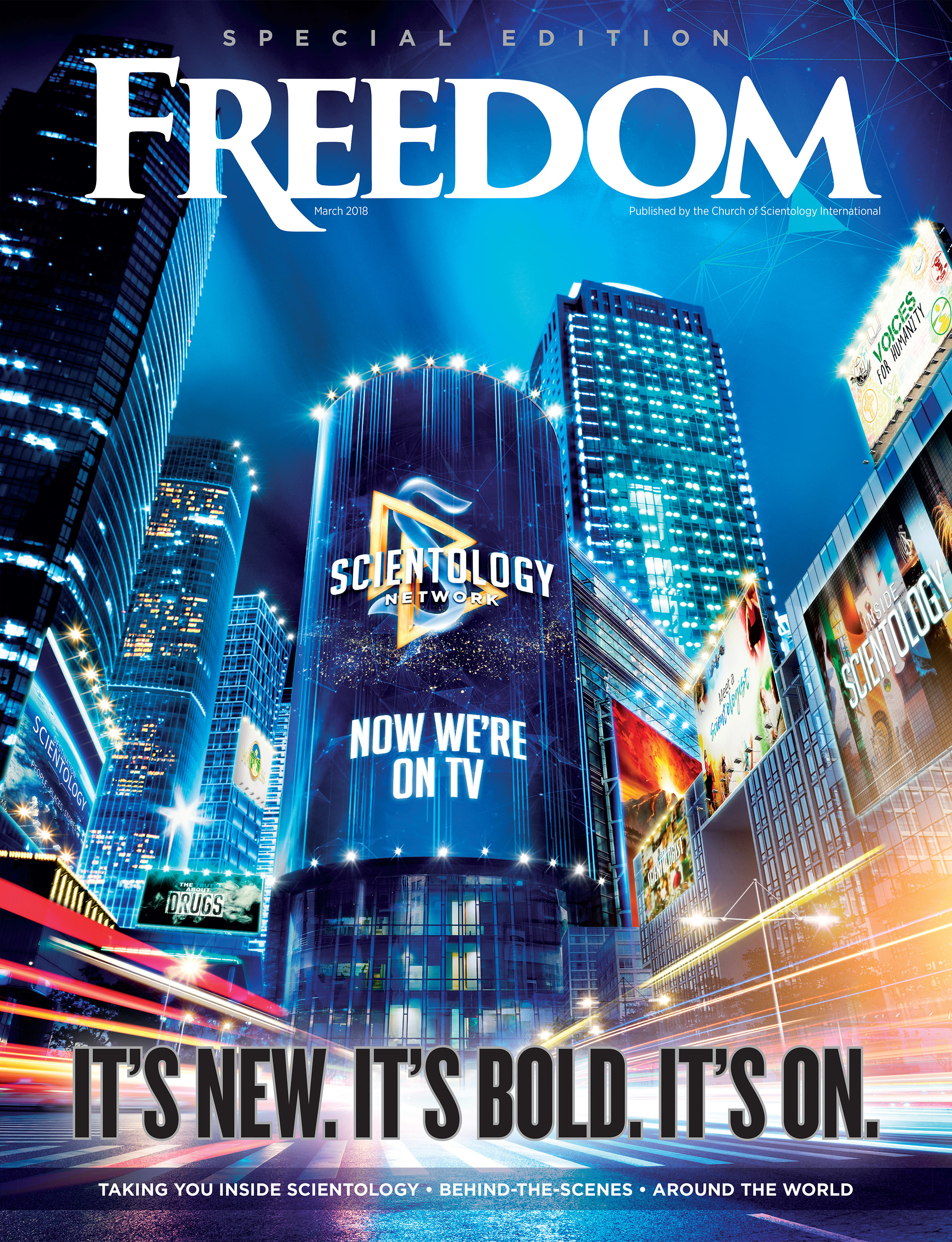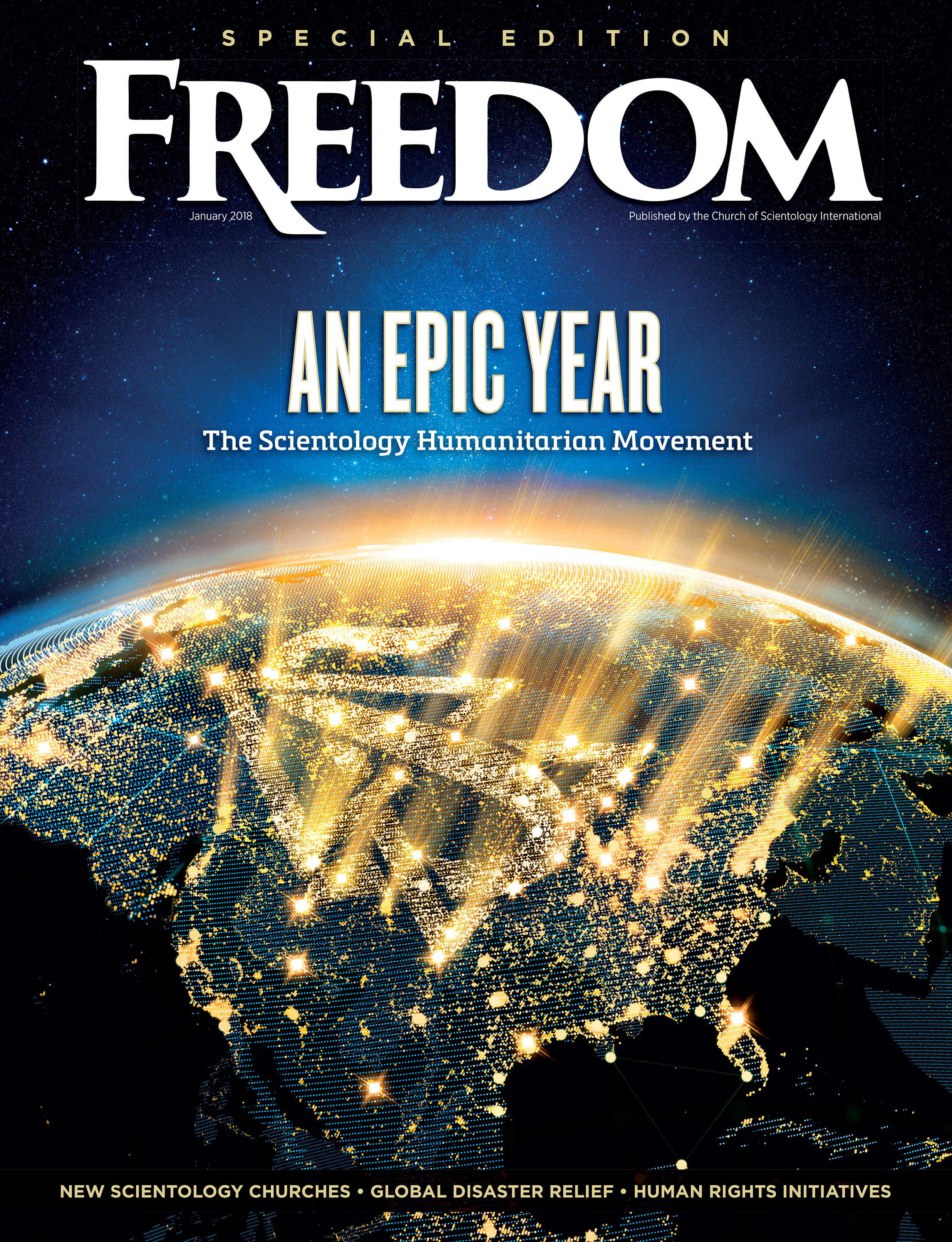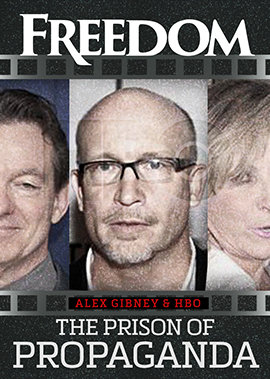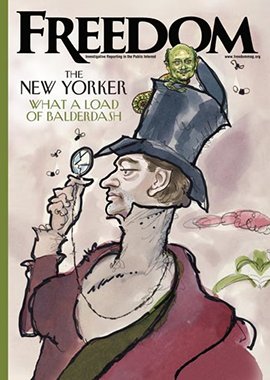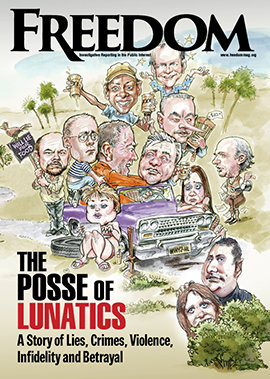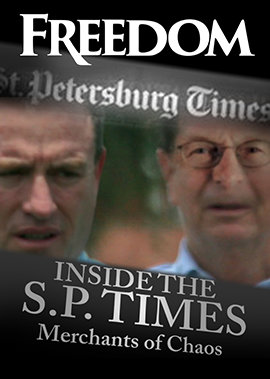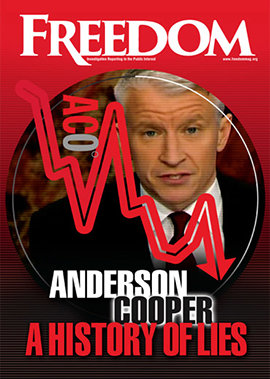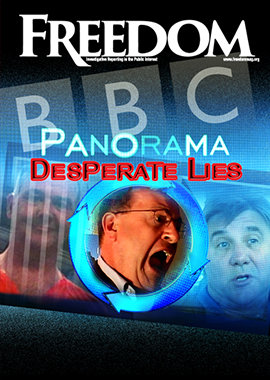You are, therefore, of great value to the people and businesses that lust after your money in our material world.
But lost in the ubiquitous holiday sales and heartwarming commercials, the constant clamor of clichés and continuous clanging of the buy-buy-buy bell is what the season means—and, more importantly, just who you and I really are this time of year and all year round.
The truth of it is we, you and I, are not what the magazines and the papers make us out to be. We are not “the public” or “a demographic” or this or that “generation.” Nor are we soulless collections of protoplasm and DNA, prone to the whims of any passing zephyr of fashion or politics.
Religion, by focusing one’s gaze upward toward one’s divine spark, also firmly plants one’s feet on the ground.
We are independent, immortal, thoroughly wonderful individuals. And though we don’t necessarily need to be reminded once a year at this time of our divine spark, it helps. Because, sometimes, in the distractive too-real brightness of our everyday world, some of us forget. Sometimes, some of us are moved to act distinctly unlike our true selves, losing our moral and spiritual compass and forgetting for a moment—or a lifetime—who we really are.
We snap at our spouses, our children, our fellow humans.
We lie just a little, just a little more, then on a regular basis...
We hate someone, then hate their group, then make a habit of believing the worst and batting away the best about anyone and anything.
And at those times when we most need to be reminded—when we require a gentle tap on our spiritual shoulder before we totter off the edge—what stands there with us at the precipice and gently pulls us back to safety and our true selves?
Religion.
Religion—not the police, not City Hall or even 911—is the true civilizing factor in any society.
Religion, by focusing one’s gaze upward toward one’s divine spark, also firmly plants one’s feet on the ground. What gives us our sense of morality and tolerance is, in the end, the spiritual and immortal aspect of each of us. When we see dignity and worth in ourselves, we see it, consequently, in each other, too.
“Convince a man that he is an animal,” Scientology Founder L. Ron Hubbard wrote, “that his own dignity and self-respect are delusions, that there is no ‘beyond’ to aspire to, no higher potential self to achieve, and you have a slave. Let a man know he is himself, a spiritual being, that he is capable of the power of choice and has the right to aspire to greater wisdom and you have started him up a higher road.”
“When religion is not influential in a society or has ceased to be, the state inherits the entire burden of public morality, crime and intolerance,” Mr. Hubbard continued. “It then must use punishment and police. Yet this is unsuccessful as morality, integrity and self-respect not already inherent in the individual, cannot be enforced with any great success.”
Mr. Hubbard dedicated his life to demonstrating that we are not stimulus-response concatenations of chemicals, but independent beings fully capable of coming together and creating a beautiful world.
And here’s why it matters: To date, there is no evidence that any creature other than Homo sapiens has a system of civilizing beliefs and practices that may be described as a religion.
You won’t find a chipmunk off by itself, pondering its place in the universe. No ostrich aspires to take the moral high road. And very few, if any, earthworms go out of their way to avoid coveting their neighbor’s wife.
With all our prayers and disciplines, our good works and charity, our care for others and our reverence for something greater than ourselves, what binds us all together is that we are human, that we are—like it or not—a community, and that we will surely survive together or perish apart.
Morals, decency, respect, values—these are things that help us survive together, beyond the superficial trappings of language, location and custom. These are best taught and demonstrated by each of our chosen faiths. Thanks to them, we know that indifference is the true road to hell and that true brotherhood flings open the gates of paradise.
So this season, as we are once again inundated with platitudes and catchphrases—from “Peace on Earth, good will to men” to “God bless us, every one” to “Joy to the world” and a thousand others—take a moment to listen to what they actually tell us, and know that they stem from the best of us: from that divine spark that can help each of us conquer ourselves, the world and, ultimately, the stars.







